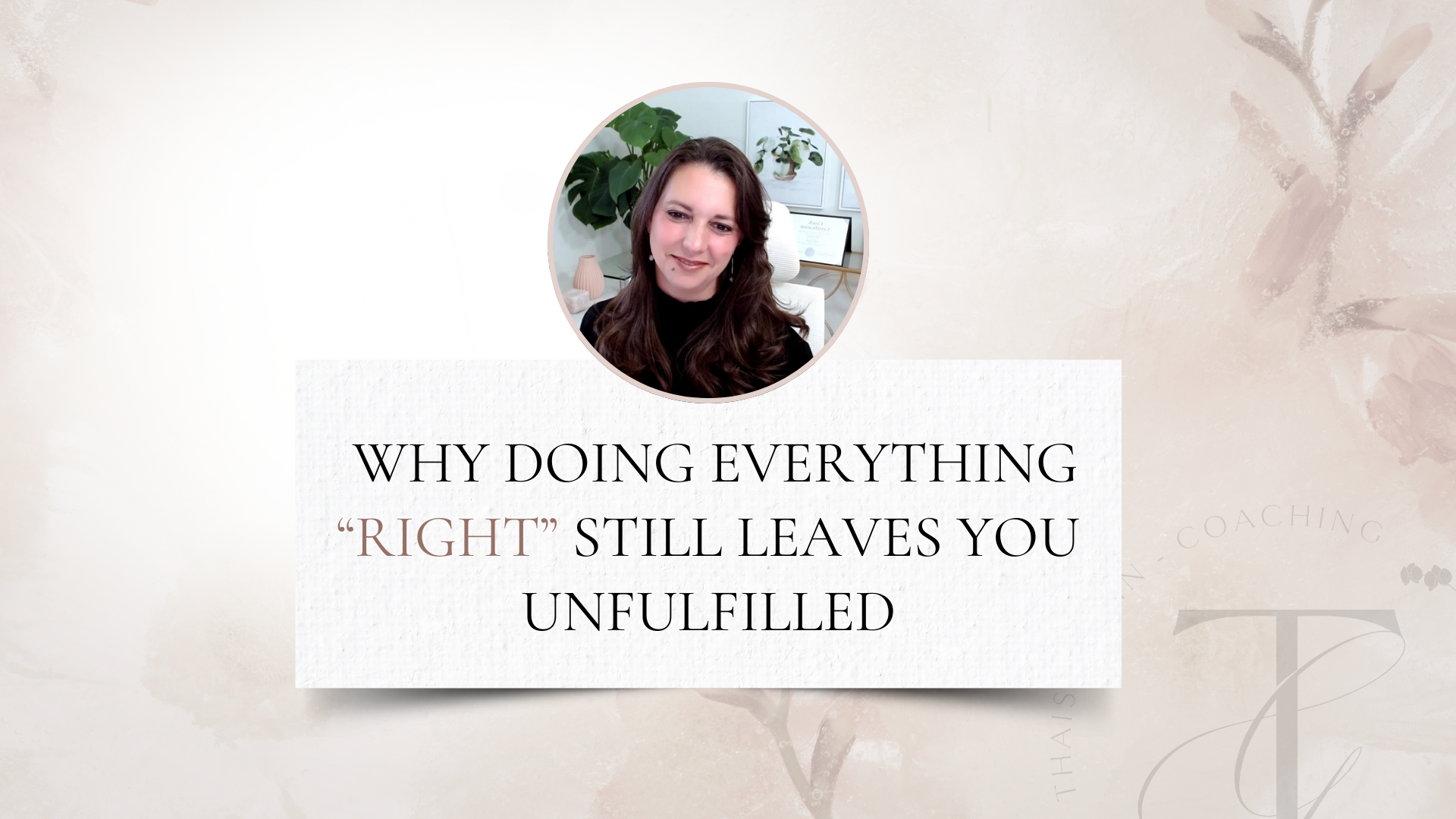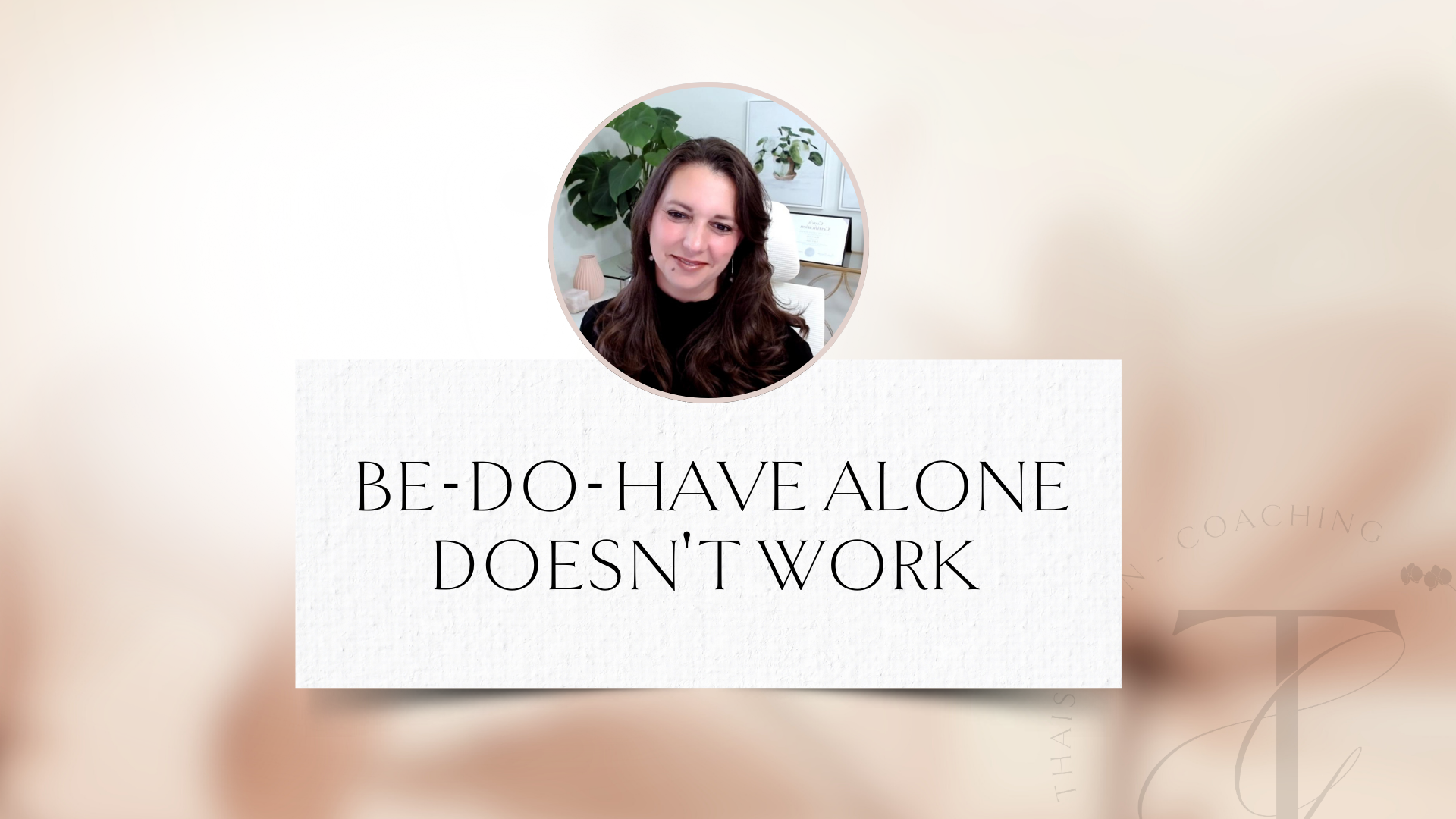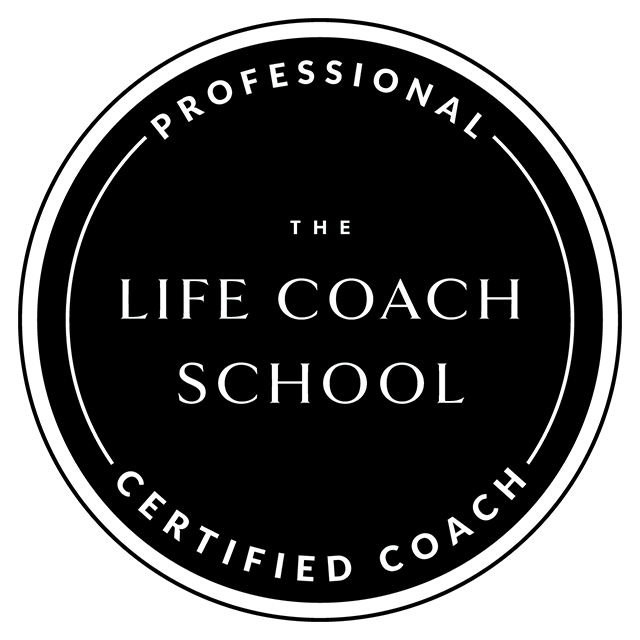Thais Glenn Coaching
Blog & Podcast
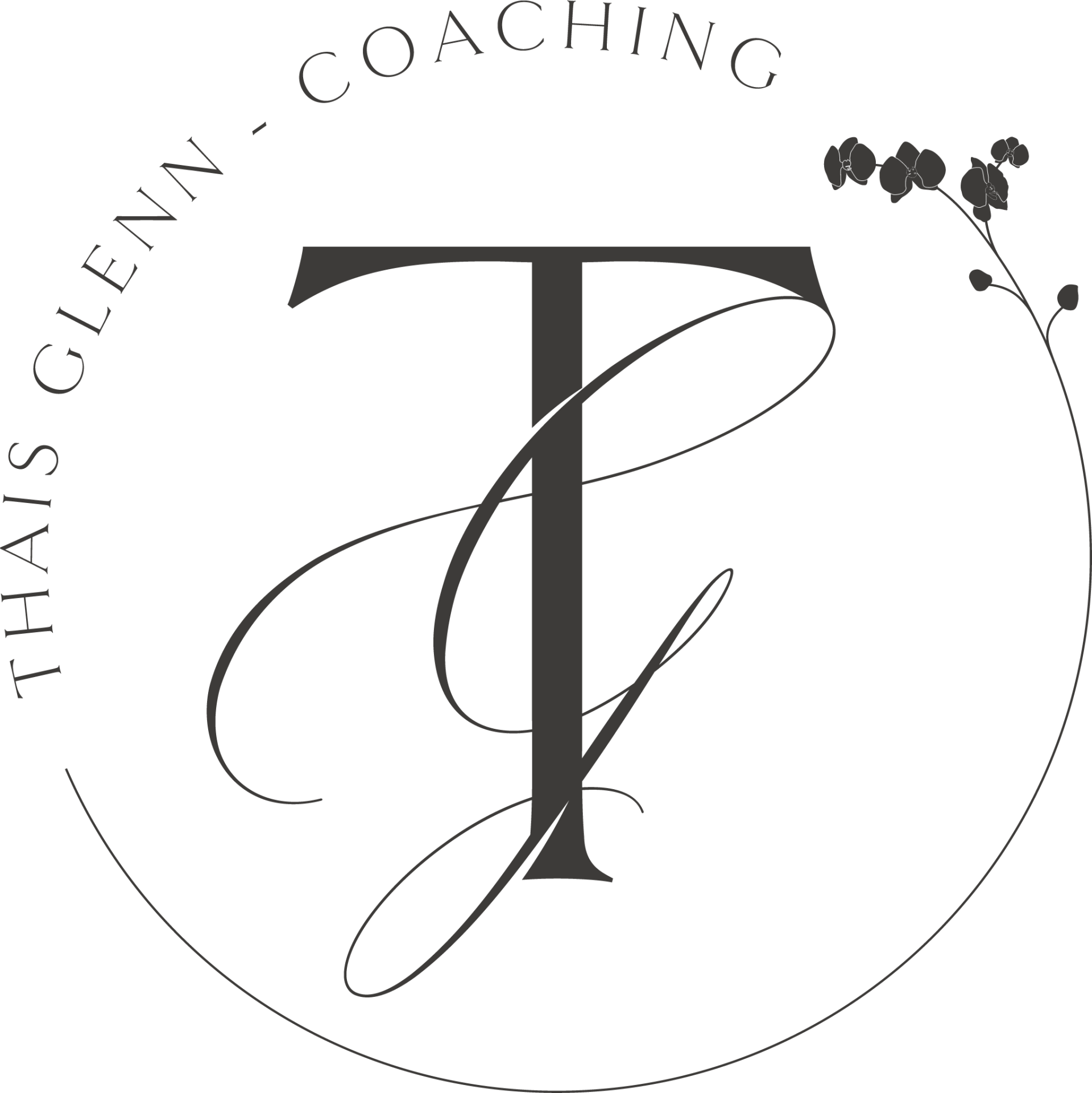
The Future Self Mindset: Why Growth vs. Fixed Thinking Isn’t Enough
I still remember learning the concept of mindset many years ago, even before I became a life coach, and it has always fascinated me.
I like to think of mindset almost as an aura that surrounds you, an invisible energy field that shapes how you experience life. It’s what covers you and gives you the ability to think in different ways, like an atmosphere that feeds your thoughts, emotions, and behaviors, and allows you to make sense of the world you see.
Mindset as an Aura
It’s as if you are walking through life inside of a bubble, your personal frequency. Everything you perceive, every decision you make, every interaction you have is filtered through it.
That’s why two people can experience the exact same situation, such as a delayed flight, and have completely different reactions. Why? Because their mindsets create different meanings.
One person might see it as, “Of course, this always happens to me.”
Another might think, “Perfect, more time for me to rest.”
Not right or wrong, just different.
“Your mindset is your emotional climate. You can’t control the weather outside, but you can choose the atmosphere you live in.”
If we bring this metaphor into psychological terms, your mindset acts like a neural filter. Your brain is constantly gathering information, but your beliefs decide which information to keep and which to ignore.
If your aura (your mindset) vibrates with fear, scarcity, or doubt, your brain highlights evidence that confirms that. You’ll notice what’s wrong, what’s missing, and what could go wrong.
But when your aura expands through curiosity, love, and possibility, your mind begins to see new opportunities. It literally opens the door to a different emotional reality.
“The energy you think in is the energy you live in.”
Mindset as the Glasses You Wear
Now, if your mindset is the aura surrounding you, it’s also the glasses you wear to look at life.
Those glasses hold the lenses of your perception, literally the way you interpret the world, make meaning of what happens, and decide what’s possible for you.
We often talk about “seeing things differently,” but few of us realize how deeply our mindset determines what we even see.
Your experiences, upbringing, fears, and beliefs all shape the prescription of those lenses. They decide whether the world looks hopeful or heavy, forgiving or unfair, abundant or scarce.
“You don’t see life as it is. You see life as you are, through the lenses you wear.”
When your mindset is cloudy with doubt, guilt, or shame, everything you look at feels distorted.
A compliment might feel insincere.
An opportunity might look risky.
A dream might seem impossible.
But when you clean the glasses (when you adjust your mindset), clarity returns. And you are finally able to see things you didn’t see before, like possibility or a sense of enoughness.
Just like switching from dark sunglasses to clear lenses, the same life suddenly feels better. Nothing outside changed, only the way you looked at it.
This is why working on your mindset matters so much. It’s not about forcing positivity; it’s about upgrading the frames that hold your perception in place.
Here’s the actual truth that you don’t hear very often:
Sometimes, the frames you’ve been wearing no longer fit who you’re becoming. They might have protected you in the past, but now they pinch, distort, or blur your vision.
When you understand this, you are able to try new ones, the same lenses that your Future Self wears effortlessly.
She looks through lenses of curiosity instead of judgment, self-compassion instead of criticism, possibility instead of fear.
Her glasses help her see the same world, but through love.
“When you change the frame, you change the view. When you shift your mindset, the whole world comes into focus.”
What Is Mindset, Anyway?
The word mindset has become one of those buzzwords we hear everywhere, with therapists, coaches, and online influencers telling everyone that they “must shift their mindset.”
But what does that even mean? What is mindset, really?
To me, mindset is more than a catchy self-help phrase. It’s the mental framework that runs quietly in the background of your life, shaping how you interpret everything that happens to you.
It’s the operating system of your mind, the coding behind every thought, emotion, and choice.
Your mindset determines:
- What you pay attention to.
- How you explain things to yourself.
- How you respond when life doesn’t go as planned.
“Mindset is the bridge between what happens to you and what you make it mean.”
Growth and Fixed Mindset:
One of the most well-known explanations of mindset comes from psychologist Dr. Carol Dweck, who introduced the ideas of the fixed mindset and the growth mindset.
In simple terms:
- A
fixed mindset is the belief that your abilities, intelligence, and personality are set in stone; you either have it or you don’t. People with a fixed mindset tend to avoid challenges, give up easily, and see failure as proof that they’re not enough.
- A
growth mindset, on the other hand, is the belief that your abilities can be developed through effort, learning, and dedication. It’s the perspective that says, “I can get better at this,” or “I can figure this out.”
Carol Dweck’s research showed that the difference between people who thrive and those who stay stuck often comes down to this single belief:
“Do I believe I can grow?”
And while this framework is incredibly useful, I’ve found in my coaching that most people don’t live in just one category.
You might have a growth mindset about your career, believing you can learn and improve, and a fixed mindset about your relationships or your body.
It’s helpful to think of our mindset as a spectrum.
There’s no such thing as having only one mindset. It’s circumstantial. It depends on what is happening, and you can even have both in the same scenario. In business, you can have growth in certain areas and fixed in others. The same goes for relationships and even weight loss.
That’s the thing about the growth and fixed mindset: as powerful as they are, they can start to feel a bit black-and-white, like positive versus negative, right versus wrong. And life just isn’t that simple.
When I talk about the Future Self Mindset, I’m expanding beyond growth and fixed. It’s not only about effort or potential;
it’s about identity, who you believe you are becoming.
The Future Self Mindset
The Future Self Mindset is yet another way of seeing the world.
Instead of filtering your life through growth vs. fixed, success vs. failure, or positive vs. negative, you begin to see yourself through the lens of who you’re becoming.
It’s about remembering who you really are underneath all the layers of expectations, conditioning, and self-doubt, and not about striving to be better.
“Your Future Self isn’t a goal. She’s a guide, the truest reflection of who you’ve always been.”
When you look through the lens of your Future Self, you stop asking, “What’s wrong with me?” and start asking, “What version of me is trying to emerge?”
That’s how you begin to see every challenge as part of your evolution rather than a test of your worth.
How the Future Self Mindset Feels Different
While the growth mindset focuses on developing skills through effort and learning, the Future Self Mindset focuses on identity and alignment.
Growth mindset says: I can get better at this.
Future Self Mindset says: I can become the version of me who already lives this way.
The shift is subtle, but it moves you from self-improvement to self-becoming.
“It’s not about changing who you are. It’s about becoming more of who you already are.”
Underneath the Crust: Remembering Your Wholeness
We all carry layers of what I call crust. Old beliefs and emotional residue that have built up over time.
Thoughts like:
“I’m not confident.”
“I’m not strong enough.”
“I’m just not happy.”
But here’s the truth: none of those things is who you are. They’re just layers sitting on top of your truth.
Underneath the crust, you are whole. You are capable. You are already enough.
“You are not a broken human who needs fixing. You are a whole human who’s still learning.”
Remember, you are not a robot. You are a perfect human being who isn’t flawless. You are actually fully alive.
As a perfect human being, you cry, you get angry, you feel uncertain, and sometimes you have no idea what to do next.
That doesn’t make you wrong. It makes you real.
The problem isn’t striving for perfection. You already are perfect. The problem is striving to become something you are not, such as a robot.
Learning to Be Human
I don’t know how
you grew up, but for me, no one sat me down and said,
“It’s okay to be angry. Here’s how to move through that.”
“It’s okay to be sad. Here’s how to let your body release it.”
I was simply handed expectations instead of emotional tools.
So I grew up believing that if I didn’t feel happy all the time, I must be doing something wrong.
Sounds familiar?
If it does, I want you to ask this question:
“But what if I’m not wrong?”
What if you’ve just never been taught how to navigate the inner world of being human?
Learning to Be Human Is Like Learning to Ride a Bike
Think about a child learning to ride a bike.
They fall, scrape their knees, wobble, and fall again until someone comes along to steady the seat or adds training wheels to help them balance.
That’s how life works, too.
You weren’t meant to figure it all out alone. You’re meant to learn, wobble, and be supported.
Yet when it comes to emotions, most of us think we should just know how to do it, how to love, how to forgive, how to be at peace.
And when we can’t, we assume something’s wrong with us.
Nothing’s wrong. You’re just learning to ride.
“Falling isn’t failing. It’s proof that you’re learning balance.”
The Future Self Perspective
When you begin to see yourself through the Future Self Mindset, you stop judging the version of you that’s still learning.
You hold her with compassion instead of criticism. You understand that every fall is part of your evolution.
Your Future Self doesn’t shame you for wobbling. She whispers, “You’re doing it. Keep going.”
The Future Self Mindset is about unlearning all the patterns you picked up along the way, all the thoughts and beliefs that define a “good” woman, a “successful” person, a “happy” life.
It’s the mindset that helps you strip away the noise so you can rediscover what you actually value, what truly matters to you, not what society, family, or comparison culture says should matter.
Because here’s what happens for so many people:
They do everything “right.”
They work hard, achieve their goals, create a beautiful life on the outside, and then one day they realize they’ve built a version of success that doesn’t feel like them.
That’s when the Future Self Mindset becomes so powerful.
It’s not about helping you fit into the box you were handed. It’s about helping you realize you can build your own.
“You were never meant to shrink yourself to fit the box. You were meant to design one that fits your soul.”
When you start seeing your life through the eyes of your Future Self, the checklist fades and a new question appears:
What do I actually want my life to feel like?
Fulfillment isn’t about changing everything on the outside until you achieve it. It can only happen when you are in alignment inside.
Through this mindset, you stop performing your life and start living it. You stop chasing happiness as a goal and begin to experience it as a natural result of authenticity.
The Future Self Mindset helps you create a life that feels like coming home, because it’s finally built around you.
If this resonates, I’d love to guide you deeper inside the Future Self Mindset Program, where we do this work together.

